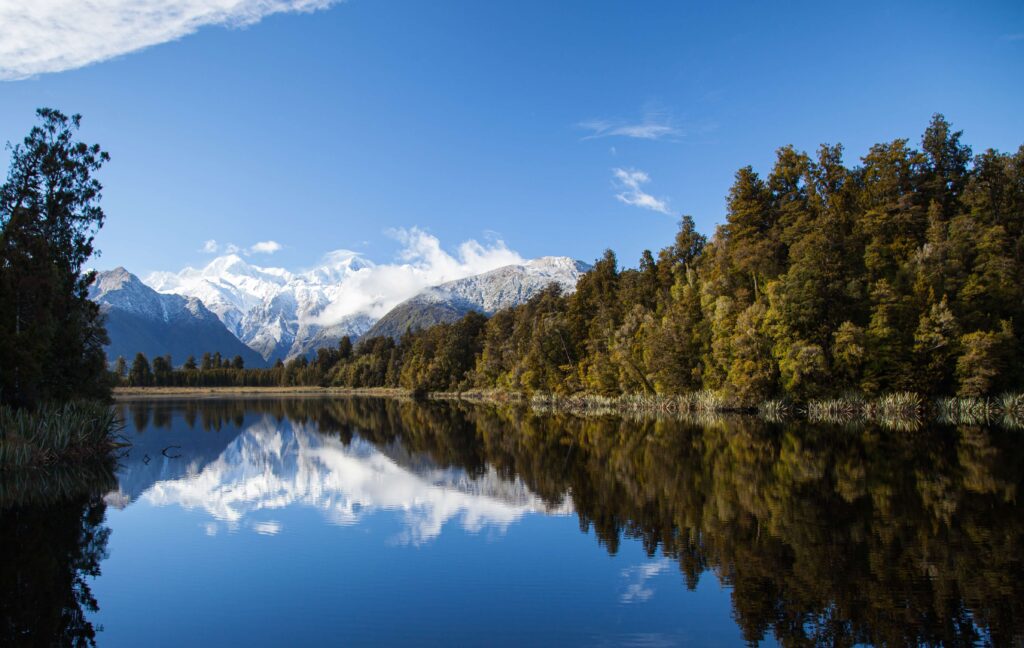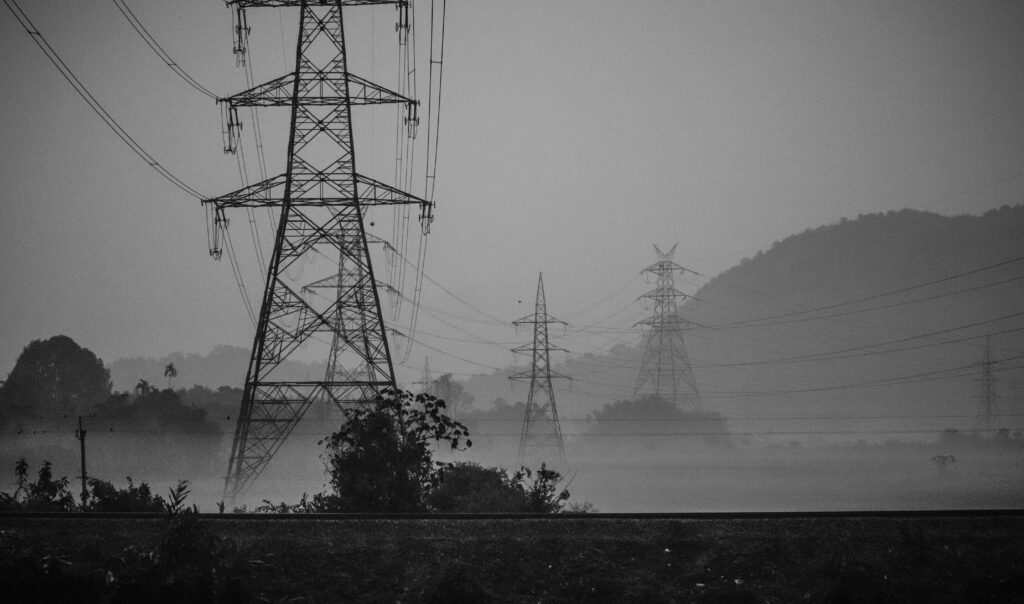Posts Tagged ‘Primary industries’
Watch video: Presentation of ESR’s submission on the Second Emissions Reduction Plan
Watch a video summary of ESR’s submission to the consultation document “New Zealand’s second emissions reduction plan”, presented by two of its authors, Professor Emeritus Thomas Neitzert and Dr Peter Whitmore. The presentation is followed by a Q&A session and a discussion
of next steps.
Submission in response to the Crown Minerals Amendment Bill 2024
This submission relates to the Crown Minerals Amendment Bill, on which public submissions opened on 26 September 2024. ESR very strongly recommend that the ban on offshore oil and gas exploration not be removed. Instead, we need to be taking very rapid action to reduce our emissions by moving away from the use of fossil fuels.
Read MoreSubmission in Response to New Zealand’s second emissions reduction plan (ERP2)
This submission relates to information given in the Ministry for the Environment discussion document regarding the currently proposed second plan to reduce New Zealand’s emissions – New Zealand’s second emissions reduction plan, July 2024 (draft ERP2). It also covers other matters relevant to reducing our emissions.
Read MoreWatch video: A perspective on New Zealand’s climate change policies
The policy problem of achieving net-zero carbon emissions by 2050 is not simple. For most people the official numbers are confusing and the policy architecture is obscure. Speaker Geoff Bertram gets both of those into perspective and shines a spotlight on Aotearoa/New Zealand’s Nationally Determined Contribution under the Paris Agreement, focusing in particular on the accounting procedures that New Zealand has used to over-state its performance since 1990.
Read MoreSubmission in response to proposed changes to NZ Emissions Trading Regulations 2024
In this submission the primary points we cover are steps that can be taken to improve the way the ETS operates, so that it becomes a lot more effective and capable of meeting the
urgent need to reduce our emissions. The possibility of replacing the current ETS with a
simple carbon tax is also covered.
Two other key points we cover are first the need for greater clarity in our net emissions measurements, and second the strong case for introducing a citizen’s dividend, funded from the revenue the Government receives from carbon charges, to compensate people for the rising costs of goods and services that will result from carbon charge increases.
Watch video: Drone technology and its impacts on society
Hear Dr Karl Stol from the University of Auckland speak about drone technology. Drones have positively contributed to society by enhancing efficiency, safety, sustainability, and accessibility across various sectors. However, like many new technologies, drones come with public concerns such as privacy and airspace congestion. This presentation introduces emerging drone technology and explores its role in balancing societal benefits and mitigating negative impacts.
Read MoreFebruary 2024
CONTENTS
– COP28’s potential impact on climate change
– Human ‘behavioural crisis’ at root of climate breakdown, say scientists
– Carbon released by bottom trawling
– India rebuilds coal stocks to ensure electric reliability
– World groundwater levels showing ‘accelerated’ decline
– Short extracts from Reuters website
– French farmers
– Solid state batteries update
– Information from Energy Source and Distribution magazine, Jan/Feb 2024
– Some recent statistics
August 2023
CONTENTS
– Tracking Clean Energy Progress: IEA Report
– Selected charts tracking how countries are meeting their commitments to reduce GHG emissions
– China’s Climate Priorities
– Exxon Mobil 2023 energy outlook
– Calls for crackdown on fossil fuel company greenwashing
– Solar power cell innovations break key energy threshold
– Mining giants trial world-first hydrogen pilot for alumina
– South Korea’s Kepco joins Western Australian hydrogen hub
– Prospectors hit the gas in the hunt for ‘white hydrogen’
– $4.6 billion plant in South Africa will make ‘the fuel of the future’
– Farmers on frontline as Dutch divided by war on nitrogen pollution
– World’s largest ‘wood city’ to be built in Stockholm
– Attending ESR Committee Meetings – A request for feedback
Realising our Hidden Treasure
This is a response from Engineers for Social Responsibility (ESR) to the IPENZ report Realising Our Hidden Treasure: Responsible Mineral and Petroleum Extraction.
Read MoreSubmission to the Process Heat in New Zealand: Opportunities and Barriers to Lowering Emissions
While the Process Heat in NZ report covers a lot of useful points, and while a few organisations have already achieved significant reductions in their emissions, for many others fossil fuels remain the simplest, lease expensive and best understood option to provide heat. Moving away from them would require capital funding, installation of new equipment and processes, and the expertise to achieve this. If the carbon price were sufficient to drive change, then this change would happen.
Read More







